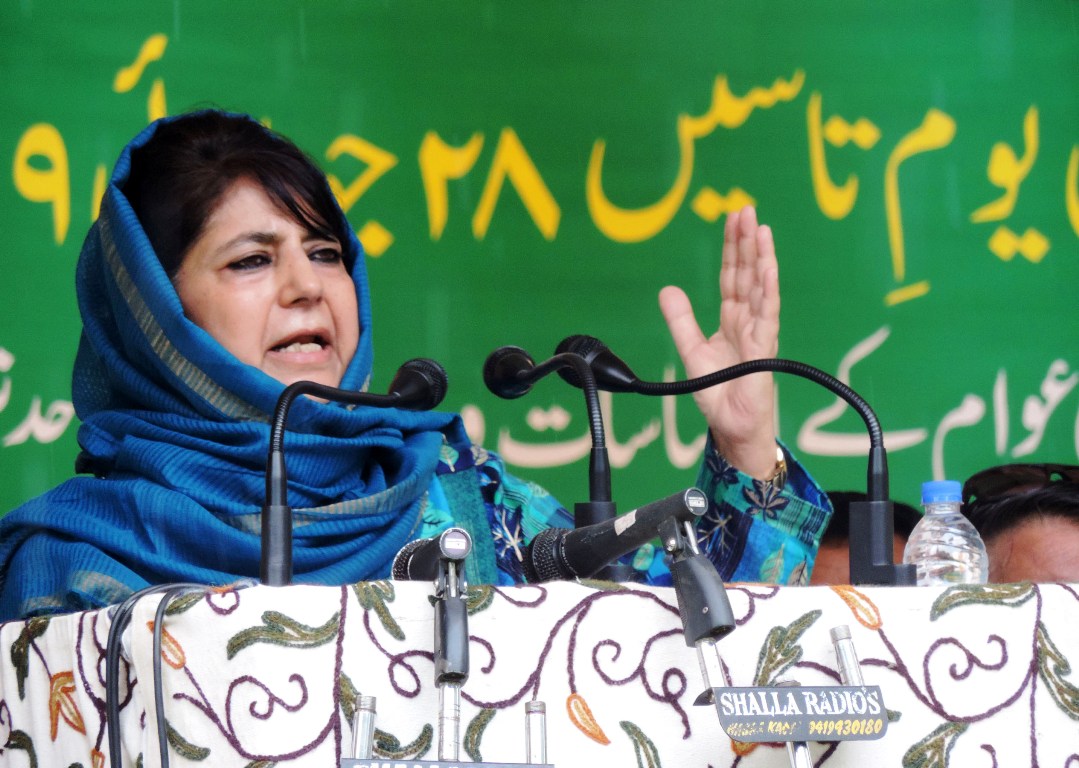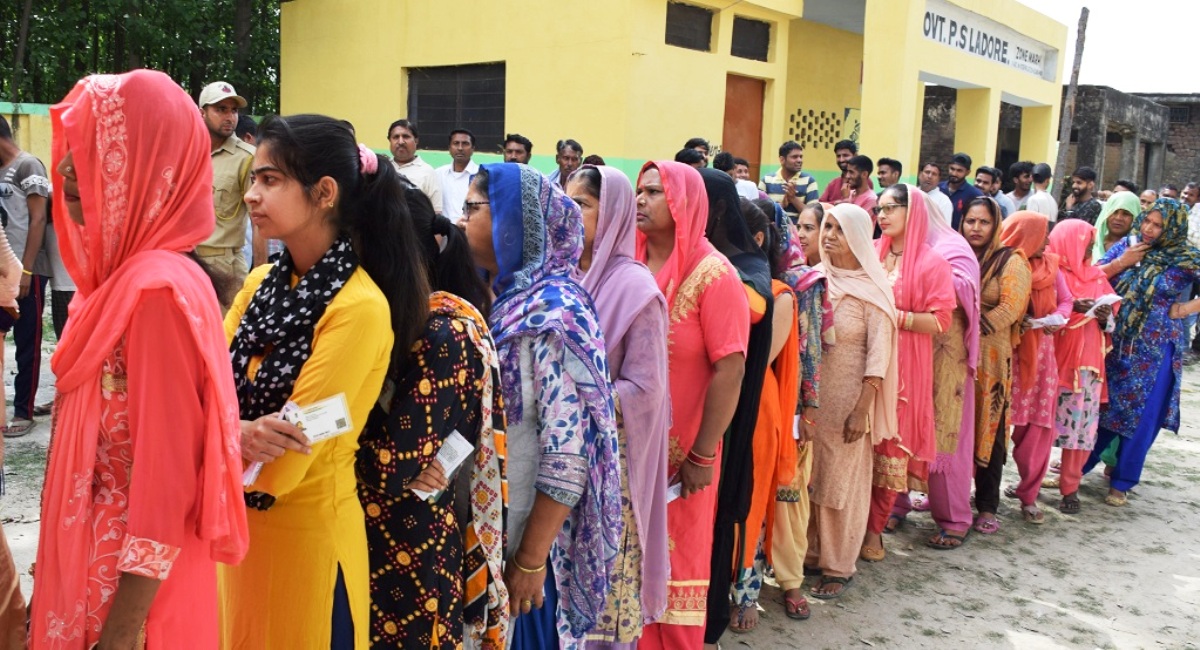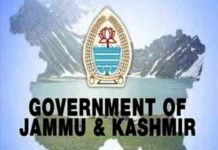KL NEWS NETWORK
SRINAGAR

As the PDP and BJP are trying to bridge the gaps over the government formation in Kashmir, the Investigating agencies in New Delhi have suspected Kashmir students to be behind the February 9 JNU incident.
The investigating agencies have reportedly identified a few Kashmiri students from certain central universities as the “outsiders” who shouted “anti-India” slogans during an event held on February 9 in Jawaharlal Nehru University (JNU).
The role of “outsiders” was mentioned in the JNU internal report prepared by a high-level inquiry committee which was set up after the controversial event that was held to protest against Afzal Guru’s hanging, reports said.
New Delhi-based India Today reported that cops have identified three men and a woman, all suspected to be Kashmiris, who played a pivotal role in mobilizing crowds and raising “anti-India” slogans.
The event on JNU campus was held to mark Guru’s death anniversary and had triggered the “nationalism” versus “anti-nationalism” debate in mainland India.
The reports quoted a senior police officer who is part of the investigation said, “Two brothers (names withheld) who led the mob have been identified from various videos that are being scrutinised by the police. One of them is a JNU student while the other is from the Aligarh Muslim University.”
Other students from Aligarh Muslim University and Jamia Millia Islamia have also been identified, he said.
Apart from students, few professionals who were present at the event have also been identified.
The police had arrested three JNU students on charges of sedition- JNUSU president Kanhaiya Kumar, Umar Khalid and Anirban Bhattacharya. All three are out on bail.
The report identified one as a journalist (name withheld) working for a publication on environment run by a non-governmental organisation. “He had graduated from AMU and was part of the mob that shouted anti-India slogans.”
“His name came up while analysing video footage as he was also present on February 9 in JNU. When we analysed his Facebook profile, we saw that he had posted one of the slogans which was raised by the mob on his Facebook wall soon after the event in JNU. He had also referred to Afzal Guru as a ‘hero’ in a Facebook post on February 9,” the report quoted a police officer who is part of the investigation.
The media organisation claimed that the journalist, accepted writing pro-Afzal Guru Facebook posts but denied being present in JNU on February 9. “He also said that he is a regular visitor at JNU and had attended many events there over the last two years but this year he had given it a miss.”
“Under scanner are also three women, one of whom has been identified by cops.”
The presence of a group of outsiders was noticed by security staff and confirmed by various eyewitnesses, according to the JNU high level inquiry report.
The report quoted sources as having said that these students from other universities came to JNU for the event after word was spread about an event being held in JNU to mark Guru’s hanging.
“Not only students, but professionals were also part of the mob raising pro-Afzal Guru slogans. It has also been found that JNU students helped them in entering the campus,” said an investigator.















